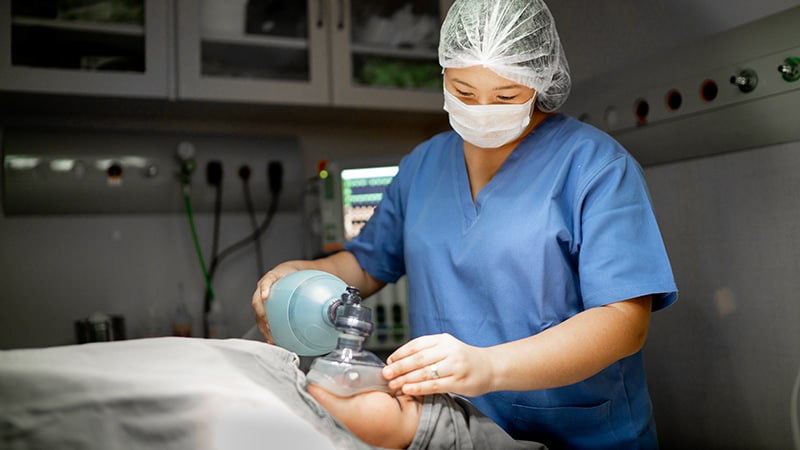inthezone2
Full Member
- Joined
- Jan 6, 2021
- Messages
- 43
- Reaction score
- 53
I'm pretty sure most people are aware now that EM is undergoing substantial issues w/ it's job market 2/2 to multiple factors including midlevels, residency proliferation, COVID, etc. I am here to put forward the prediction that critical care is next within 10 years.
I want to be wrong, because my SO is gun-ho about CC and I have been trying to convince her to pursue something else. I want her to pursue her passion, but at the same time I don't want her to get burned. Is there anything I'm missing?
I want to be wrong, because my SO is gun-ho about CC and I have been trying to convince her to pursue something else. I want her to pursue her passion, but at the same time I don't want her to get burned. Is there anything I'm missing?
Last edited:

